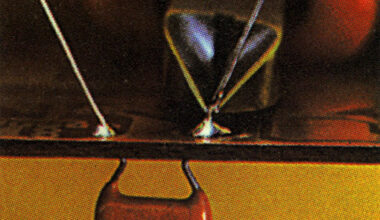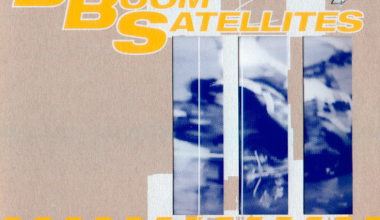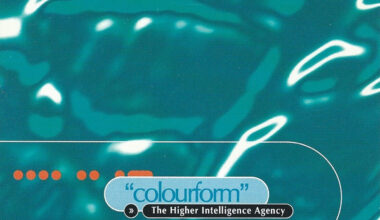
Starting in my mid-teens, I obsessively collected Mute Records releases, using a small CD-sized catalogue to neatly score off my purchases. Despite that fervency, for many years one Mute single from 1982 seemed to perpetually evade me – a seemingly one-off release by Die Doraus Und Die Marinas called ‘Fred Vom Jupiter’ that the label licensed for the UK.
When I finally found a copy, decoding it was no mean feat – over wiry monophonic synths and period sequencer beats, you have a choir of children singing in German about the song’s planet-hopping protagonist. Take the vocals out, and you have a quintessentially perfect early electronic pop gem; add the vocals back in and you basically have Miller’s faux group Silicon Teens, but made up of actual teens.
That’s exactly what it was. Die Doraus was Andreas Dorau, who was only 16 when he recorded 1981’s ‘Blumen Und Narzissen’ (‘Flowers And Daffodils’) with Der Plan’s Kurt Dahlke and Frank Fenstermacher for their fabled Neue Deutsche Welle label Ata-Tak. Die Marinas were also teenagers, comprising Christine Süßmilch, Claudia Flohr, Dagmar Petersen, Isabelle Spelly, Michelle Milewski and onetime pop chanteuse Carmen Gaspar.
Anyone picking up the album on the back of ‘Fred Vom Jupiter’ alone – as I eventually did – was in for a surprise, not least because the album was encased in a sleeve containing a photo of the band’s leader looking well-groomed and handsome, as if Ata-Tak were positioning him as some sort of teen heartthrob.
Judge a record by its sleeve at your peril: the biggest surprise of ‘Blumen Und Narzissen’ was the breadth of Dorau’s stylistic interests for someone so young, presaging the eclecticism that pervades his later work. Alongside innocent songs about shopping for vegetables (‘Einkauf’) and trains (‘Lokomotivführer’), there’s also edgier fare, such as the bleak synthpunk angularity of ‘Junger Mann’ or the tender ebb and flow phasing of the evocative ‘Nordsee’. Die Marinas only appear in full on a handful of tracks, and Dorau’s voice has a soulful maturity despite lyrical content that sounds like it originated from doodlings in
the margins of his school exercise books (and probably did).
‘Fred Vom Jupiter’ still takes some beating for audacious juxtapositions, but it wasn’t the basis of a lasting career. A quick look through Dorau’s many albums, soundtracks and collaborations since owes a debt to his alien creation’s foresight to only pay us the briefest
of visits.





